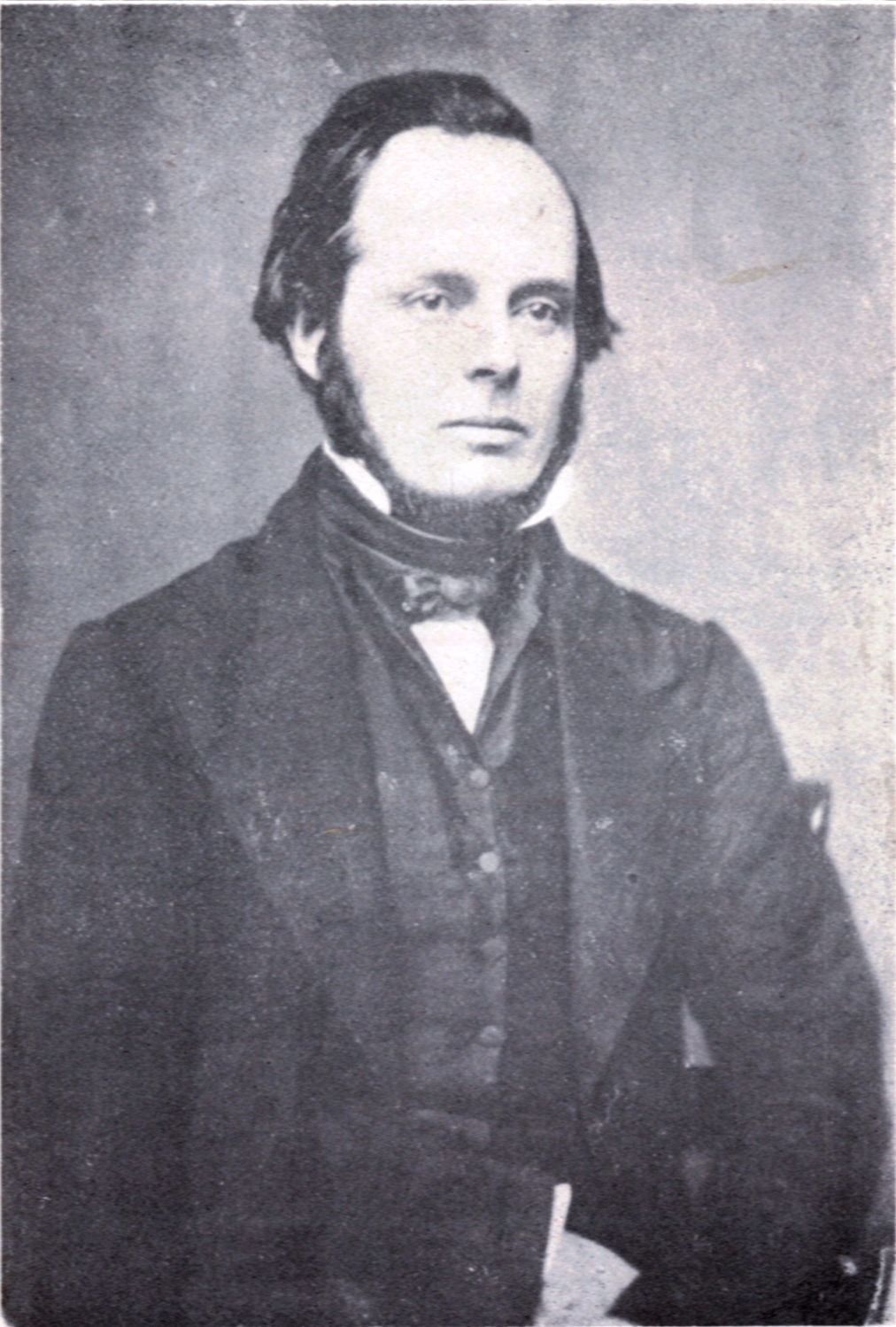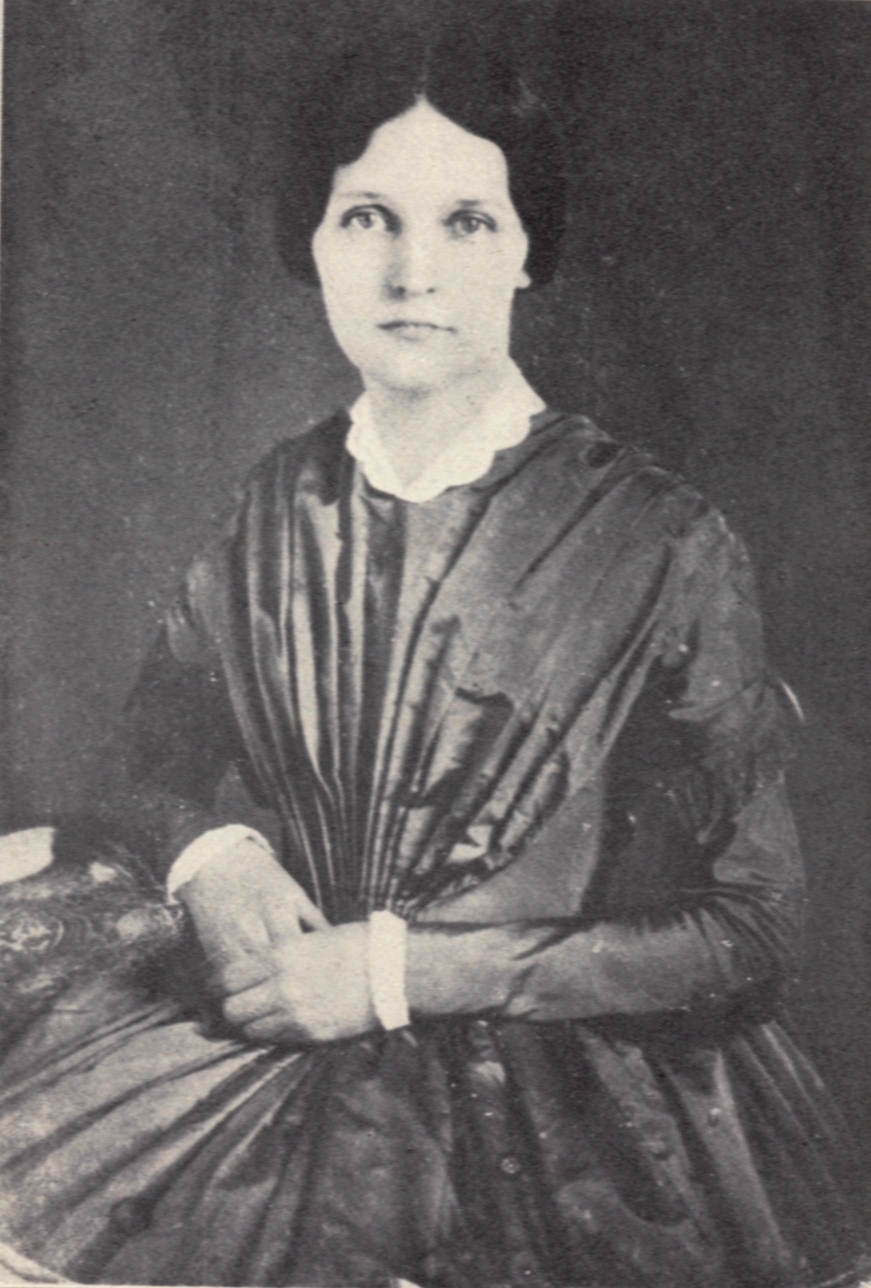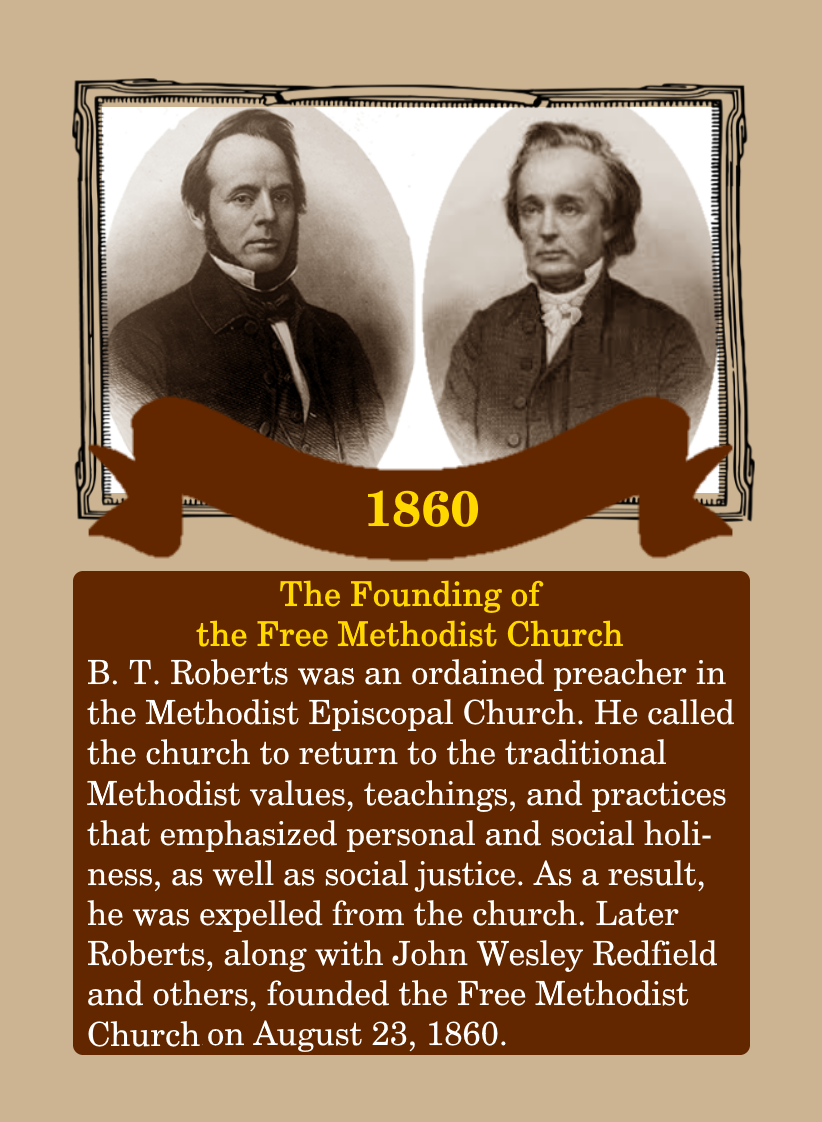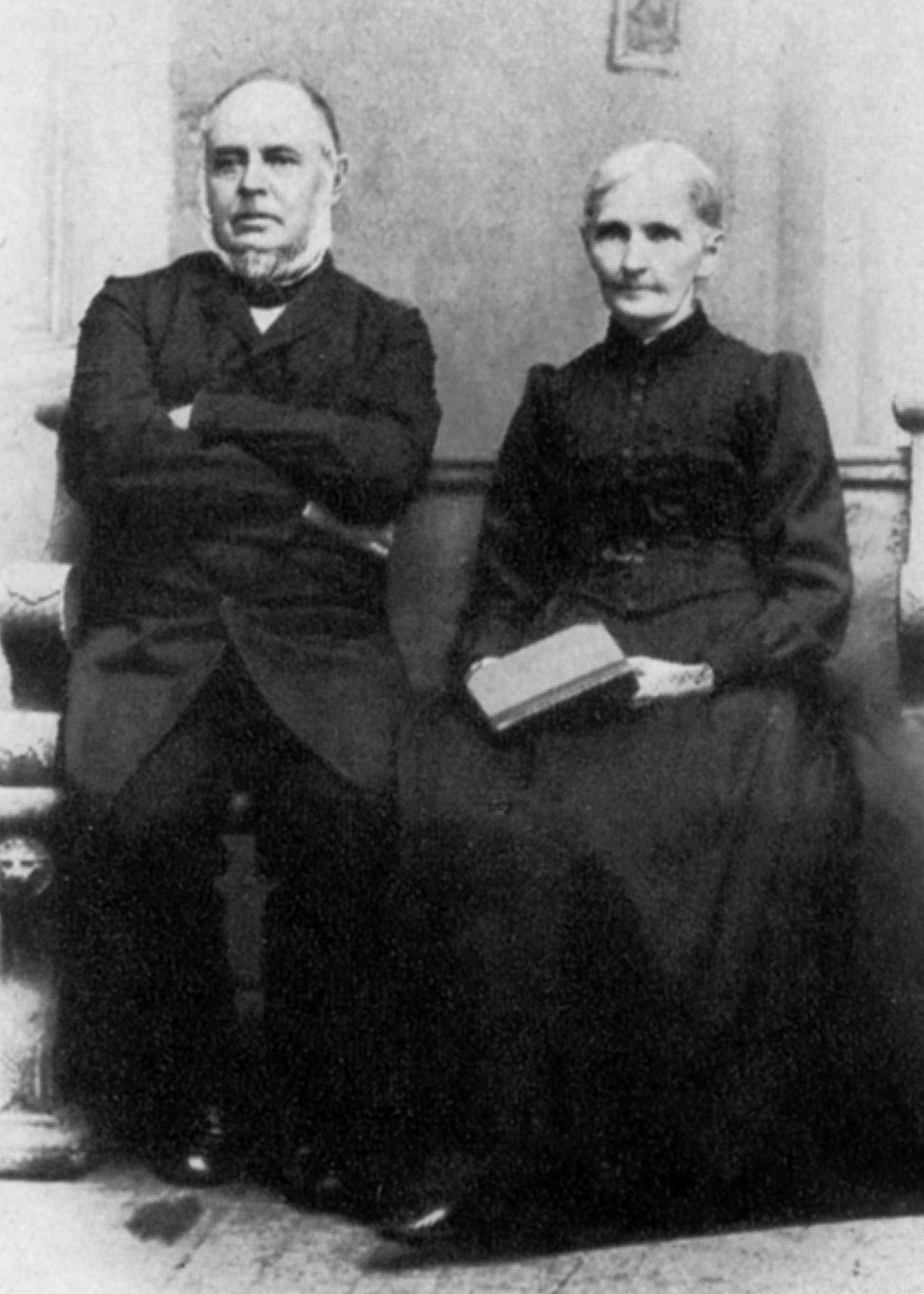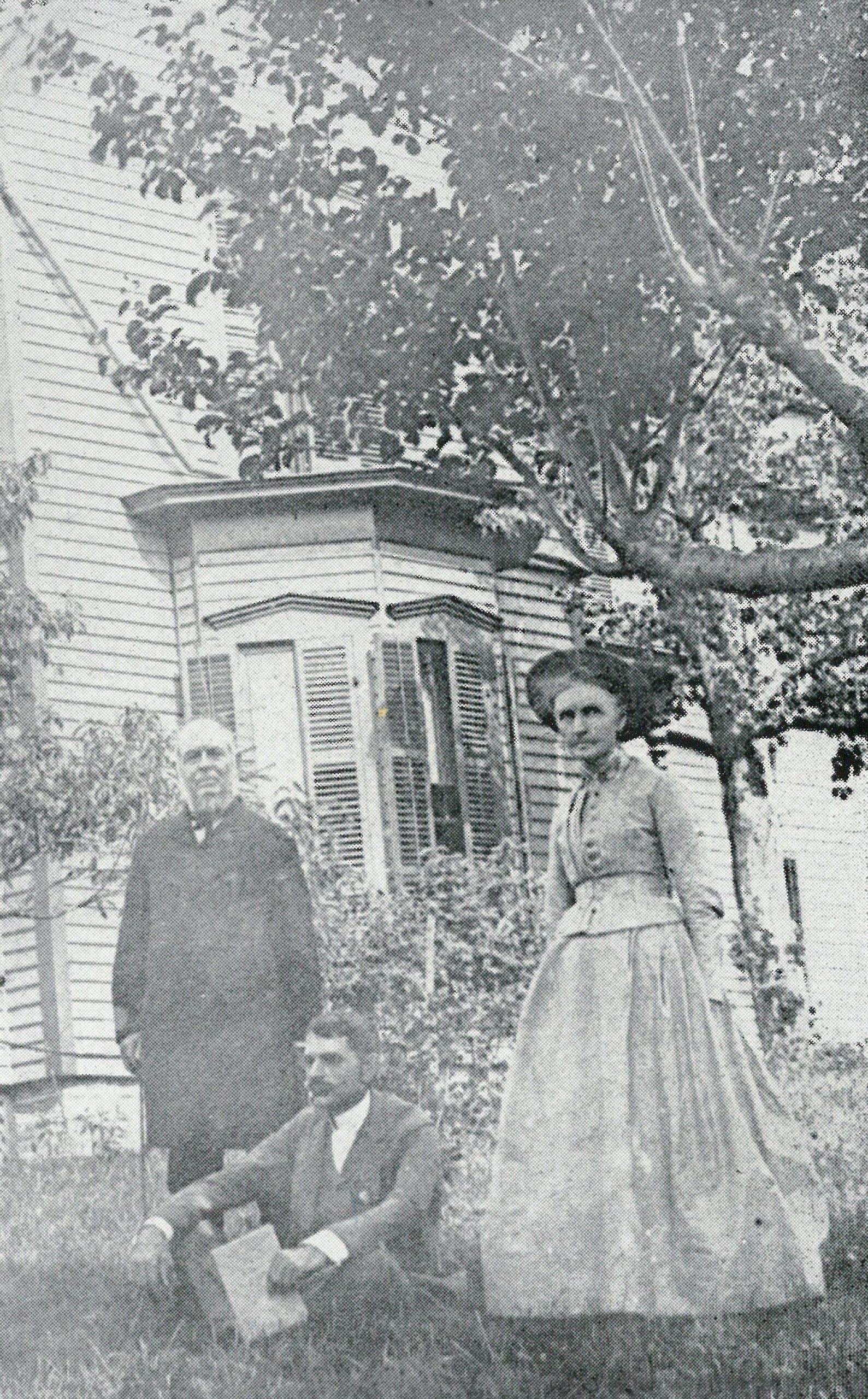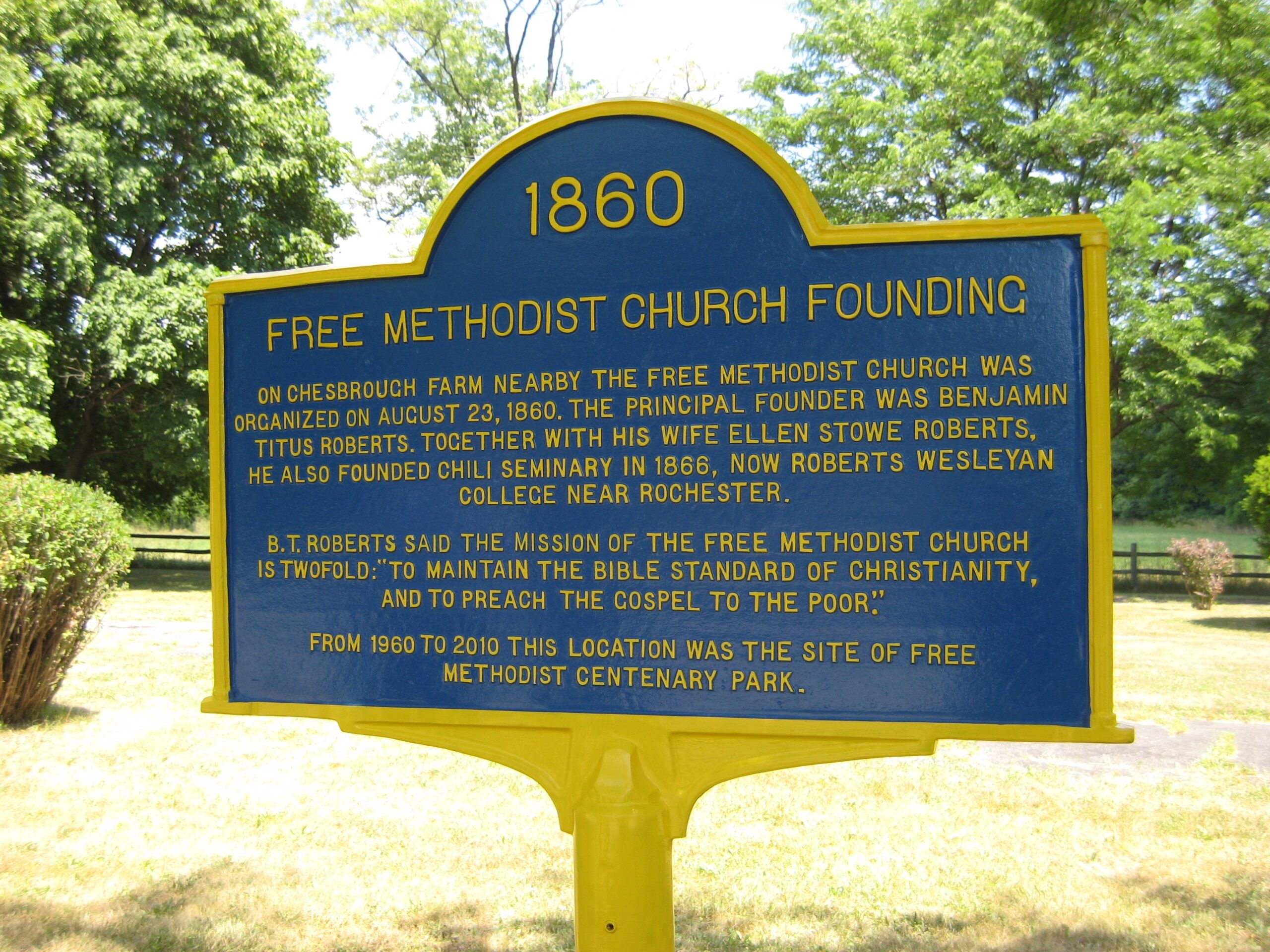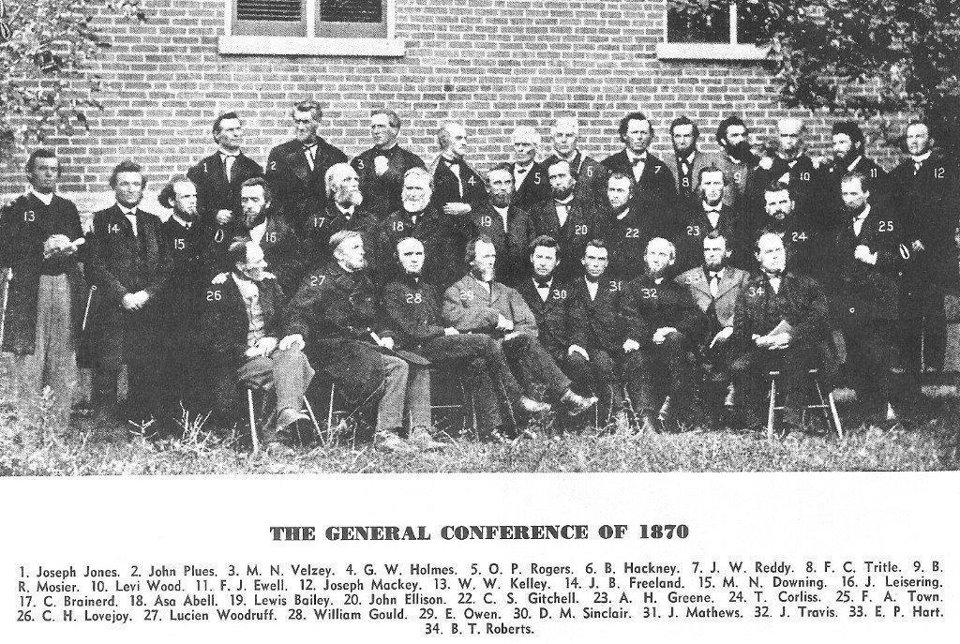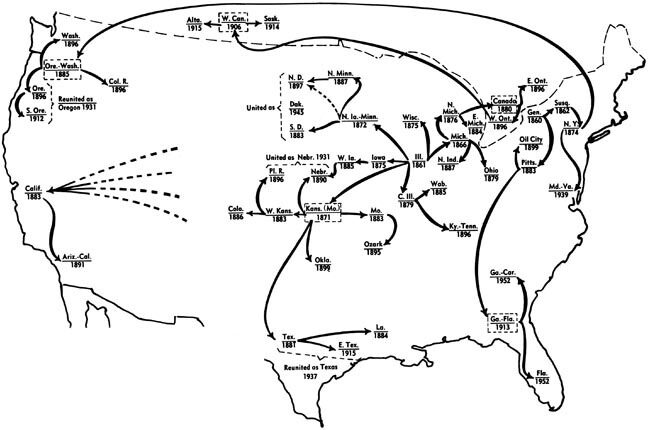Historical Heritage & Perspective
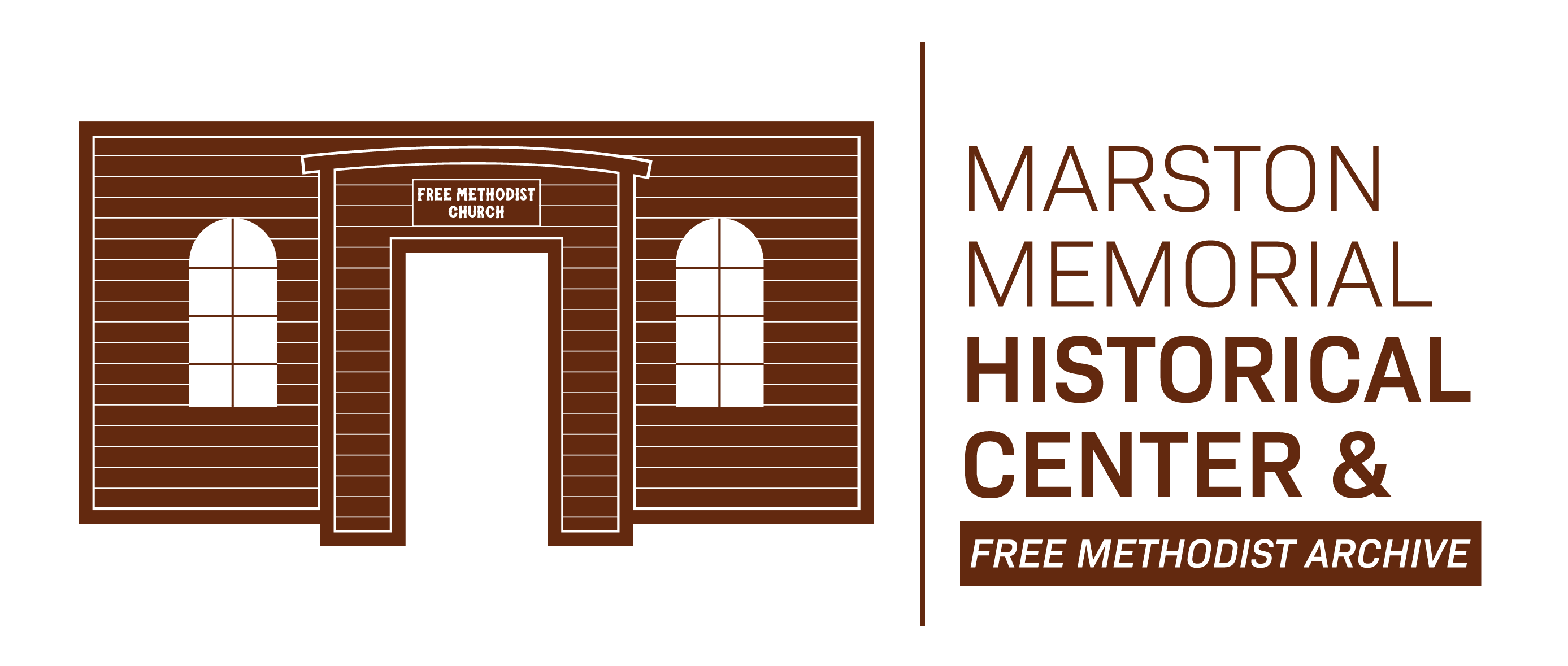
A Brief Introduction to the Beginnings of the
Free Methodist Church
During the nineteenth century, the holiness movement, arising in American Methodism but spreading through other nations and denominations, called Christians to deeper levels of relationship with God and greater concern for the needs of hurting humanity. Within this context, the Reverend Benjamin T. Roberts and other ministers and laypersons in the Genesee Conference of the Methodist Episcopal Church in western New York, raised a protest against theological liberalism, unhealthy compromise on pressing social issues and loss of spiritual fervor.
Between 1858 and 1860, a number of these leaders were excluded from the Methodist Episcopal Church on various charges and allegations. In reality, the primary issue was their proclamation of the basic principles of Methodism, especially the doctrine and experience of entire sanctification. Appeals made to the General Conference of May 1860 were denied. Those excluded could not join any other Methodist body, for there was none that agreed with them on the issues on which they were thrust out. Therefore, the Free Methodist Church was organized by a convention of lay members and ministers which met at Pekin, Niagara County, New York, on August 23, 1860. The first General Conference met on the second Wednesday of October, 1862, at Saint Charles, Illinois.
The Free Methodist Church, since its inception, continues to expand around the world through missionary outreach, the development of additional General Conferences and a coordinating world organization.

